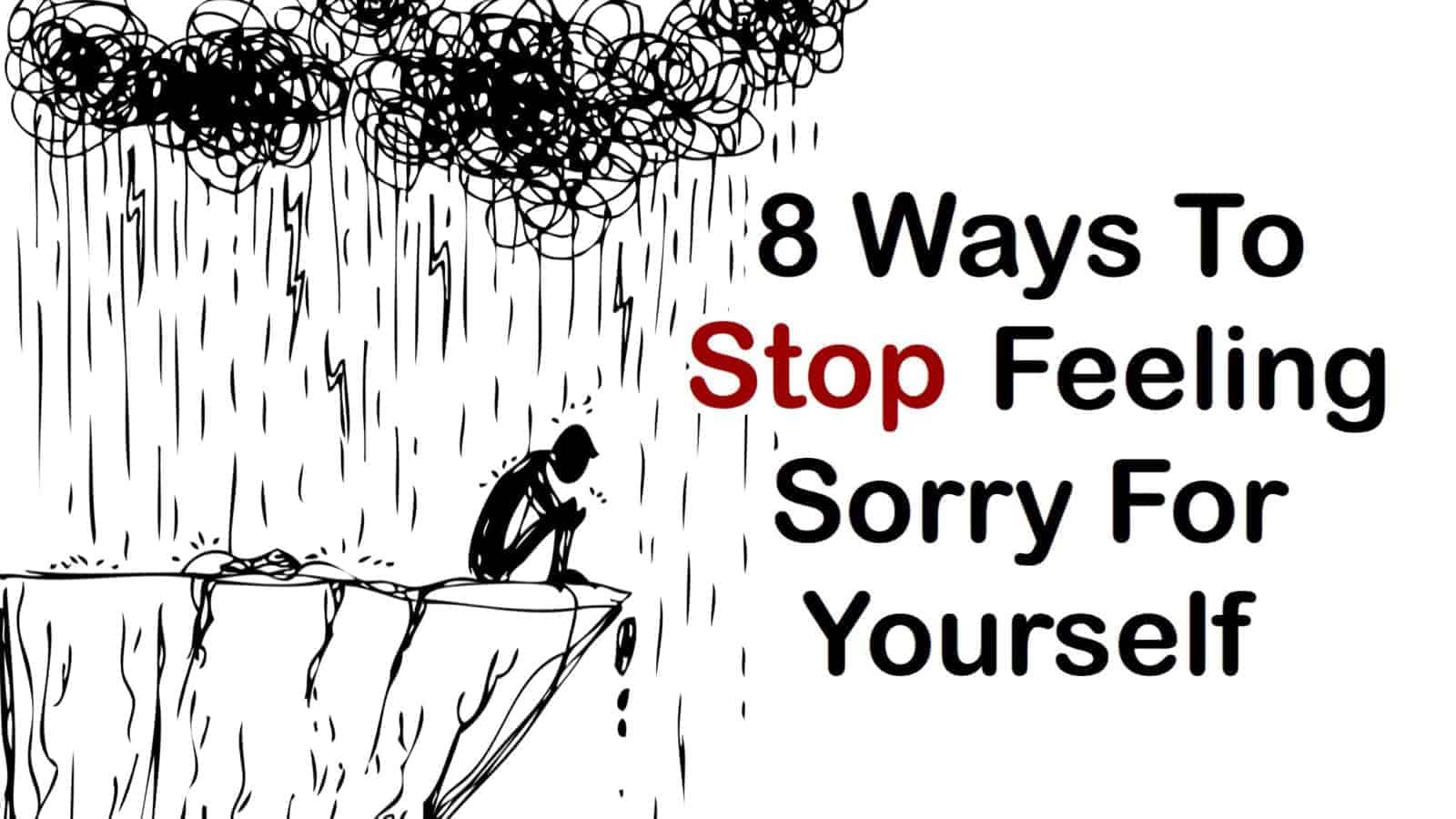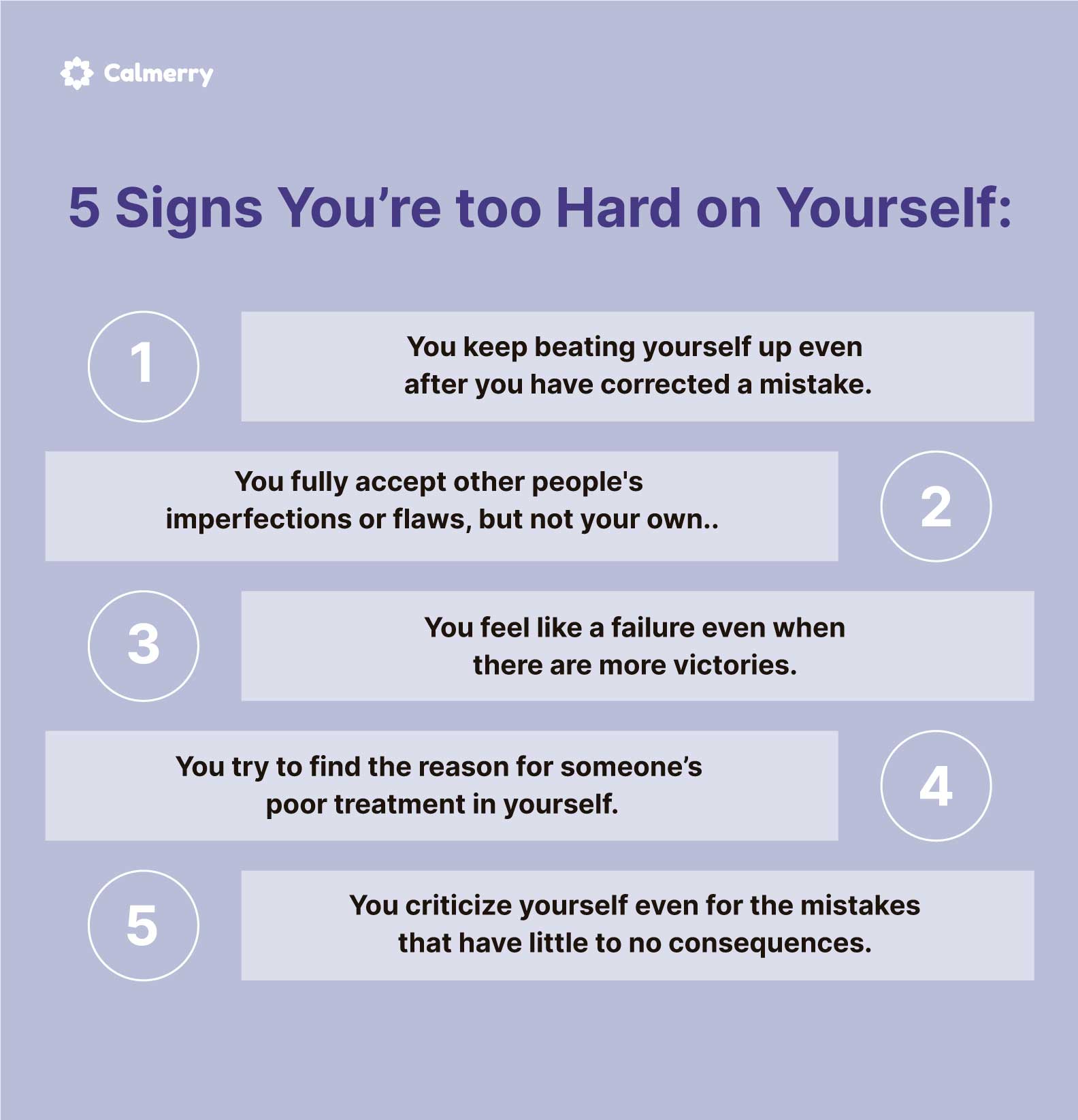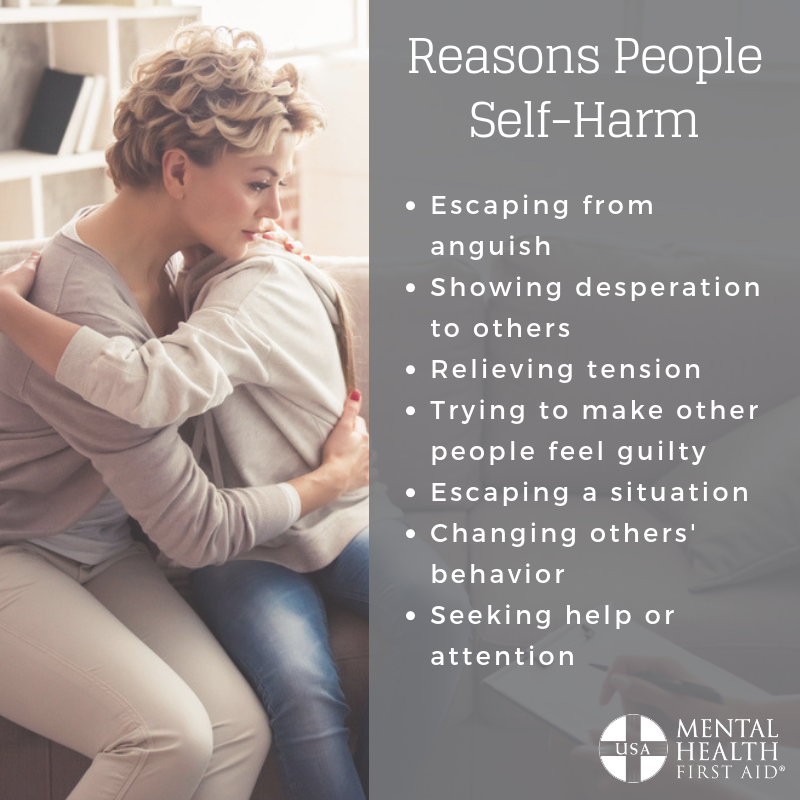How To Stop Feeling Bad For Yourself

Ever wake up feeling like you're starring in your own personal tragedy? A constant loop of "why me?" playing in your head? You're not alone. Many people experience these feelings, and while acknowledging them is important, getting stuck in a cycle of self-pity can be incredibly detrimental.
This isn't about ignoring genuine hardships, but about equipping you with the tools to navigate them without succumbing to the quicksand of feeling sorry for yourself. Think of this as your introductory guide to breaking free from that negative spiral and reclaiming your power.
Why Understanding Self-Pity Matters
Why focus on stopping self-pity? Because it's a sneaky thief. It steals your energy, creativity, and motivation. It isolates you and can damage relationships.
Moreover, prolonged self-pity can contribute to mental health issues like depression and anxiety. Taking proactive steps to address these feelings is an investment in your overall well-being.
The Usual Suspects: Identifying the Root Causes
Before you can conquer self-pity, you need to understand its triggers. What situations or thoughts tend to set it off?
Common culprits include: Perceived unfairness (feeling like you've been wronged), social comparison (comparing yourself negatively to others), dwelling on past mistakes, and fear of the future. Recognizing your personal triggers is the first step towards managing them.
Unpacking the Toolkit: Strategies for Breaking Free
Okay, so how do you actually stop feeling bad for yourself? Here’s a multi-pronged approach:
1. Challenge Your Thoughts
Self-pity often stems from distorted thinking patterns. Are you exaggerating the negative aspects of a situation? Are you assuming the worst possible outcome?
Practice cognitive restructuring - actively questioning the validity of your negative thoughts and replacing them with more balanced and realistic ones. For example, instead of thinking "I'll never be successful," try "I'm facing a challenge right now, but I've overcome obstacles before, and I can learn from this experience."
2. Practice Gratitude
Shifting your focus to the positive aspects of your life can be incredibly powerful. Keep a gratitude journal and write down things you're thankful for each day.
They don't have to be monumental things; even appreciating small joys like a beautiful sunset or a delicious cup of coffee can make a difference.
3. Take Action
Self-pity often leads to inaction, creating a vicious cycle. Breaking out of this cycle requires taking even small steps towards your goals.
Focus on things you can control. Is there a problem you can actively solve? A skill you can learn? Even a 15-minute walk can boost your mood and sense of agency.
4. Practice Self-Compassion
Treat yourself with the same kindness and understanding you would offer a friend going through a difficult time. Acknowledge your pain without judgment.
Remember that everyone makes mistakes and experiences setbacks. Self-compassion involves recognizing your shared humanity and offering yourself encouragement instead of criticism.
5. Seek Support
Don't be afraid to reach out to trusted friends, family members, or a therapist. Talking about your feelings can help you gain perspective and process your emotions in a healthy way.
Sometimes, having an objective listener can help you identify patterns of self-pity and develop strategies for managing them.
Advanced Techniques: Moving Beyond the Basics
Once you’ve mastered the foundational strategies, consider exploring these advanced techniques:
- Mindfulness Meditation: This practice can help you become more aware of your thoughts and feelings without getting swept away by them.
- Journaling: Writing down your thoughts and feelings can provide clarity and help you identify patterns of self-pity.
- Setting Realistic Goals: Avoid setting yourself up for failure by setting unrealistic expectations. Break down large goals into smaller, more manageable steps.
- Helping Others: Focusing on the needs of others can shift your attention away from your own problems and give you a sense of purpose.
Seeking Professional Help
If you find that you are struggling to manage feelings of self-pity on your own, or if these feelings are interfering with your daily life, it's important to seek professional help. A therapist can provide you with the tools and support you need to overcome these challenges.
Cognitive Behavioral Therapy (CBT) and Dialectical Behavior Therapy (DBT) are two types of therapy that can be particularly effective in addressing self-pity.
Real-Life Examples: Overcoming Self-Pity in Action
Imagine Sarah, who lost her job and spiraled into self-pity, constantly thinking "I'm a failure." By challenging this thought and focusing on her past accomplishments, she started networking and eventually landed a new, even better position.
Or consider David, who felt sorry for himself after a breakup. Instead of dwelling on the past, he volunteered at a local animal shelter, finding purpose and connection in helping animals in need.
Common Pitfalls to Avoid
There are some common traps that can sabotage your efforts to stop feeling bad for yourself:
- Comparing yourself to others on social media: Remember that social media often presents an idealized version of reality.
- Seeking constant reassurance: While support is important, relying solely on external validation can prevent you from developing inner resilience.
- Avoiding difficult emotions: Suppressing your emotions can lead to them resurfacing in unhealthy ways. Acknowledge your feelings and process them in a healthy way.
- Blaming others: While it's important to acknowledge when you've been wronged, dwelling on blame can keep you stuck in a victim mentality.
"Used vs New" Mental Framework Pros/Cons Breakdown
Thinking about problems as "used" or "new" can be helpful for shifting perspective.
"New" Problems: These feel overwhelming because they are unfamiliar. Focus on learning and adaptation. "Used" Problems: These are recurring patterns. They require a deeper dive into underlying causes and potentially new approaches to avoid repetition.
Reliability Ratings: Your Inner Strength by Brand (Character Traits)
Think of these as character traits that impact your resilience:
- Optimism: (High Reliability) Seeing the positive aspects of situations.
- Resilience: (Medium Reliability) Bouncing back from setbacks.
- Self-Awareness: (High Reliability) Understanding your emotions and triggers.
- Self-Compassion: (High Reliability) Treating yourself with kindness.
- Grit: (Medium Reliability) Perseverance and determination.
Checklist: "5 Must-Check Features Before Buying" Happiness
Before committing to a negative thought pattern, ask yourself:
- Is this thought accurate? Challenge the validity of your thoughts.
- Is this thought helpful? Does it motivate you or bring you down?
- What's the evidence for this thought? Look for concrete evidence.
- What's an alternative explanation? Consider other perspectives.
- How would I advise a friend in this situation? Offer yourself the same compassion.
In Summary
Conquering self-pity is a journey, not a destination. It requires consistent effort and a willingness to challenge your thoughts, practice gratitude, and take action.
Remember to be patient with yourself and celebrate your progress along the way. Recognize your triggers and actively implement the strategies we’ve discussed.
Your Call to Action
Choose one small action you can take today to break free from self-pity. Whether it's writing down three things you're grateful for, challenging a negative thought, or reaching out to a friend, take that first step towards reclaiming your power and building a more positive and fulfilling life.


















